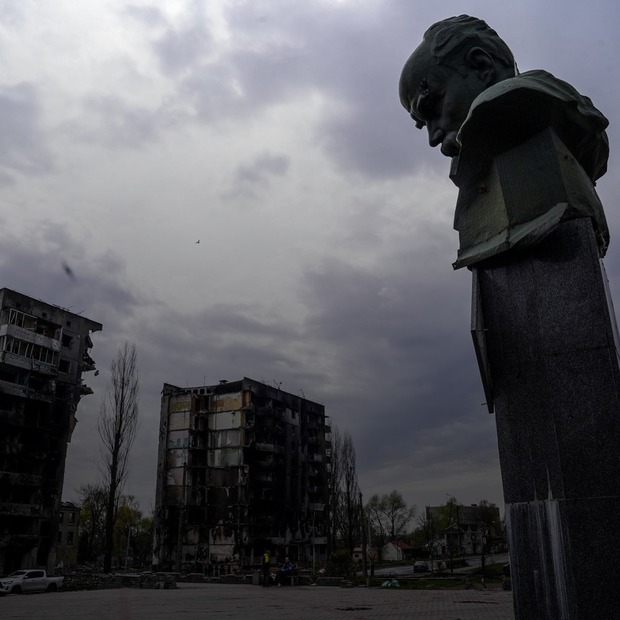The Ukrainian Helsinki Human Rights Union is one of the organisations that records Russia's war crimes in Ukraine, but it is one of the few, and perhaps the only one, that forms a detailed database of these crimes. Some of its employees keep a daily record of events in different regions of Ukraine, while others meet with victims, relatives of those killed and captured to record their stories.
The Village Ukraine asked Oleksandr Pavlichenko about the most complex types of war crimes recorded by his colleagues, the specifics of the war crimes database and the possibility of bringing the top leadership of the Russian Federation to justice.
About data from the occupied territories
We receive information from the occupied territories from various sources. These are often personal contacts of our employees who have recently evacuated from those regions. We strive to create the most objective picture of crimes committed, and our ambitious goal is to include at least 80% of all established facts of crimes in the database.
The database collected by our documenters was shown to a representative of the International Criminal Court. It is open for consultation and use by representatives of this body.
This database allows us to see the connection between different types of crimes, to look for criminals who have committed crimes in different places, even in other countries, for example, in Syria or other countries. This data is, of course, closed, protected. There is a lot of personal information, so we use a special protection system.
On the most complex types of war crimes
The most complex are crimes involving the use of violence, including sexual violence. In such cases, it is quite difficult to bring the perpetrators to justice, and over time, this possibility only decreases, as evidence is lost. In addition, the victims are in a difficult psychological state and have little desire to report such cases to the police. It is quite difficult to collect material and evidence about what happened five or six months ago. This is a stigmatised crime, and few people want to identify themselves as victims of such crimes.
Sometimes, when we receive information about possible cases of such crimes, we send the police to the alleged victims, and they do not confirm the facts of possible sexual violence. This is due to both the victim's insecurity and the lack of motivation to report the crime and to experience the crime again.
Sometimes, when we receive information about possible cases of such crimes, we send the police to the alleged victims, and they do not confirm the facts of possible sexual violence. This is due to both the victim's insecurity and the lack of motivation to report the crime and to experience it again.
If there was a system of effective physical and psychological rehabilitation of such victims, it would allow us to find more hidden facts of such crimes and see an objective picture. However, as time passes, the chances of establishing such facts are lost.
Most of the reports to us are about the destruction of property as a result of shelling. As a rule, we help with the registration of criminal proceedings, which allows a person to obtain the status of a victim, so they can count on compensation in the future. It is more difficult, of course, in the uncontrolled territory, when people whose property has been destroyed cannot properly record the fact of destruction.



